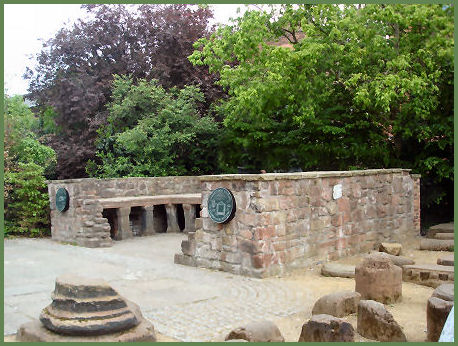Recently bought my council home and with our first baby on the way my missus & I are on a very (very very) tight budget so I'm doing as much of the work myself as possible. Some of the work I'm considering doing will notifiable as it's in the bathroom and I'm also considering installing underfloor heating.
My local authority (Southwark) charges £144 inc vat for the inspection rising to £240 if plans are required. Would it be cheaper/better to get a third party to inspect, where can I find sparks that do this in my area Camberwell, South London? Does a register even exist? Any sparks reading this, do you do inspections and if not, why not.
NB. I respect all trades and if I could afford the five figure quote for all the work to be done by professionals I'd be putting my feet up right now with an already completely refurbished house done to a higher standard then I could ever manage, with a cup of tea in hand, watching game of thrones....
My local authority (Southwark) charges £144 inc vat for the inspection rising to £240 if plans are required. Would it be cheaper/better to get a third party to inspect, where can I find sparks that do this in my area Camberwell, South London? Does a register even exist? Any sparks reading this, do you do inspections and if not, why not.
NB. I respect all trades and if I could afford the five figure quote for all the work to be done by professionals I'd be putting my feet up right now with an already completely refurbished house done to a higher standard then I could ever manage, with a cup of tea in hand, watching game of thrones....


